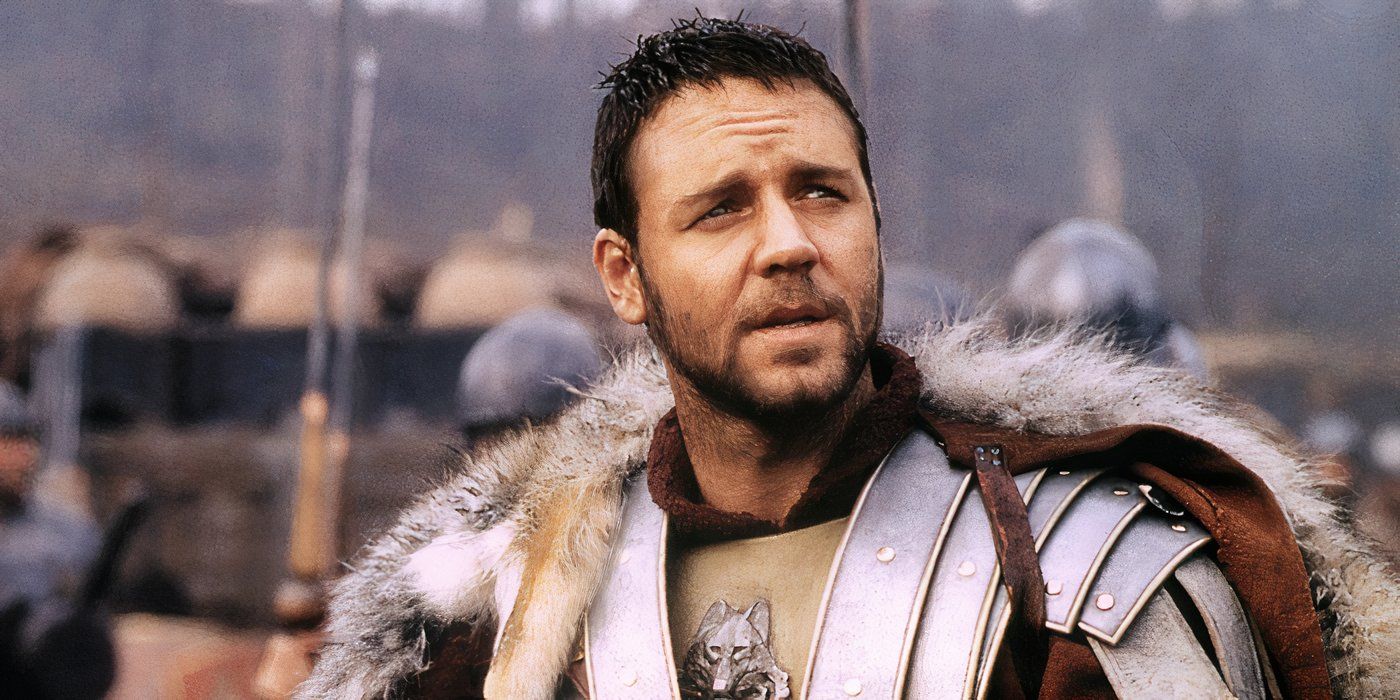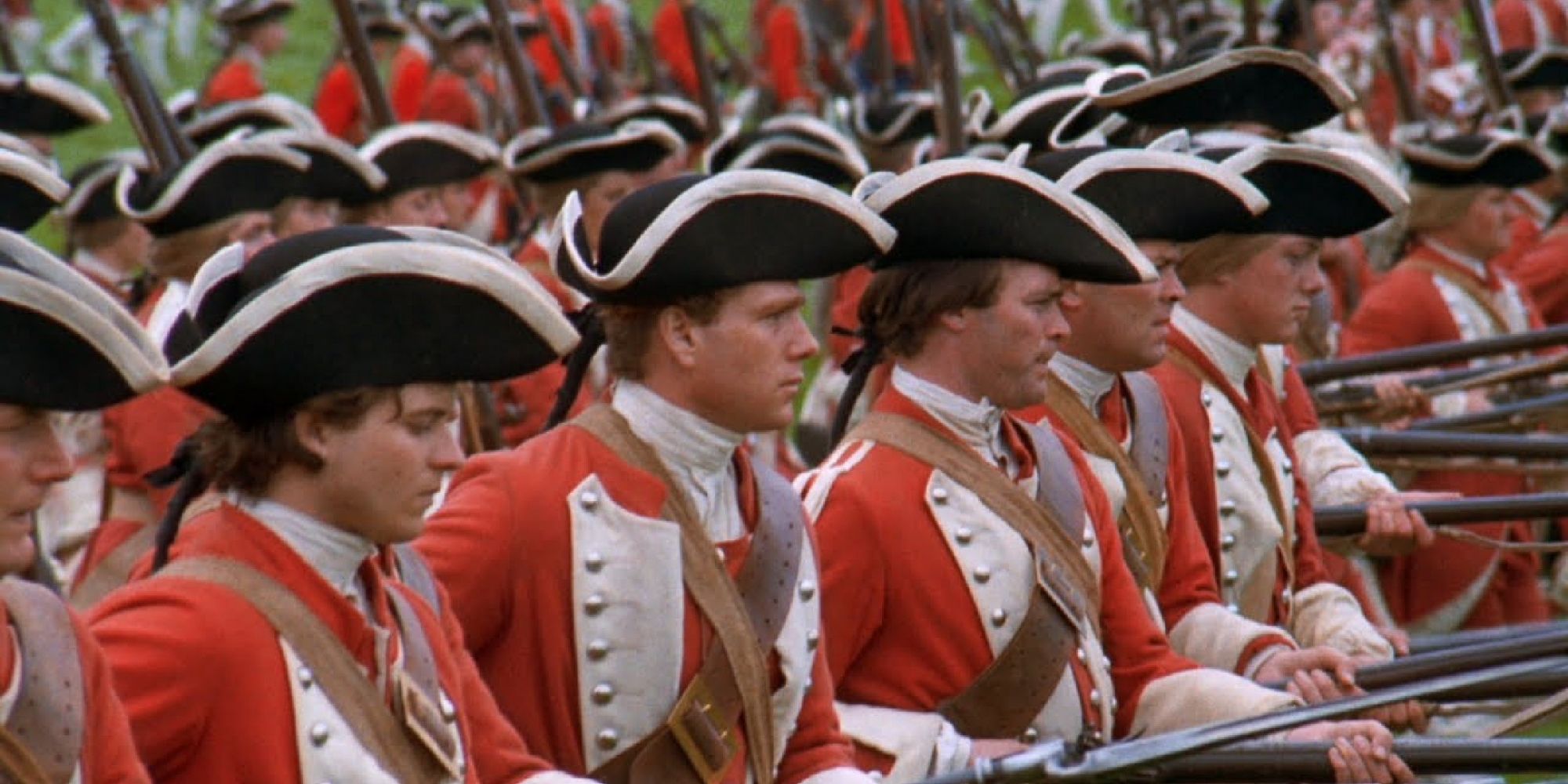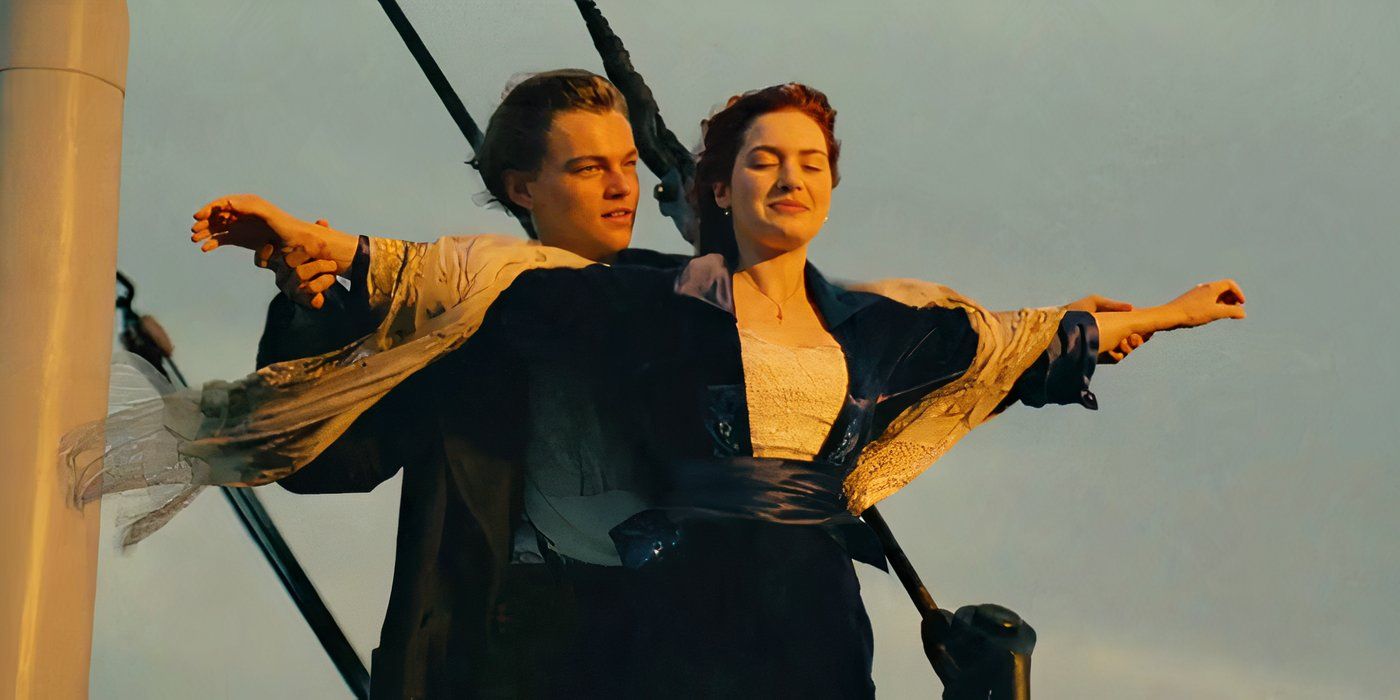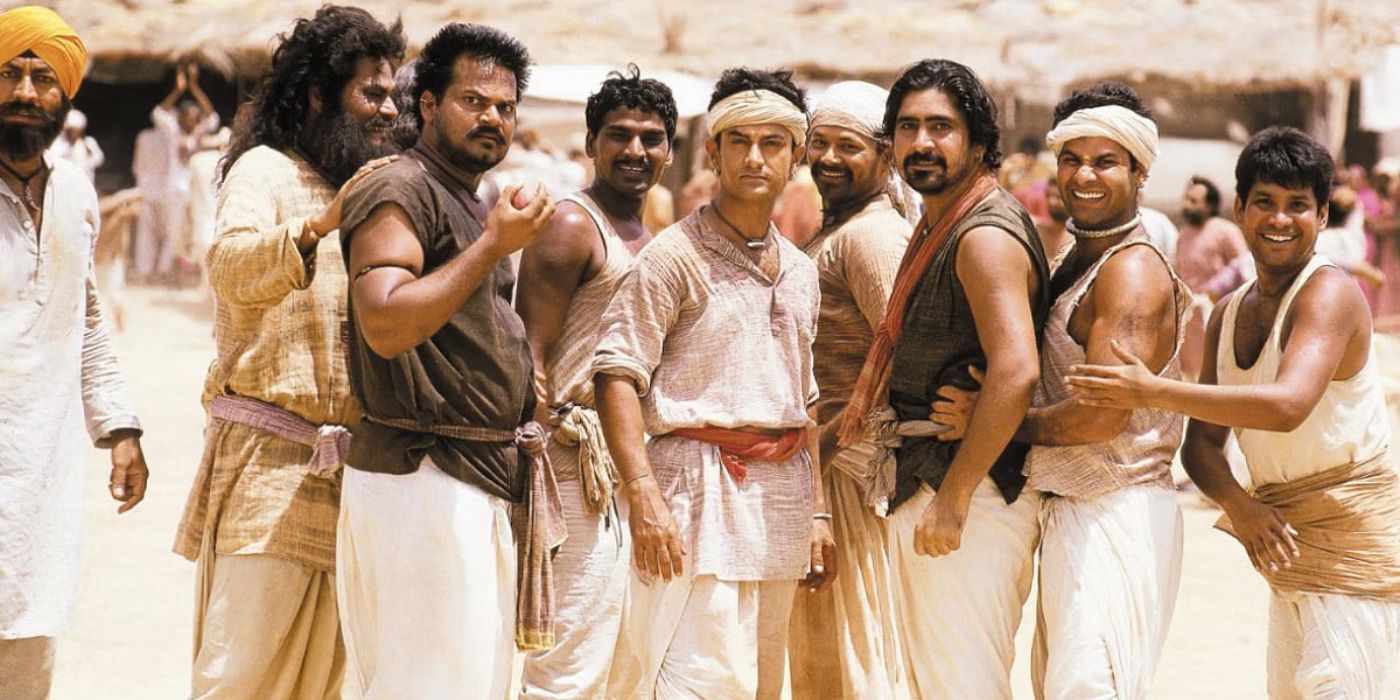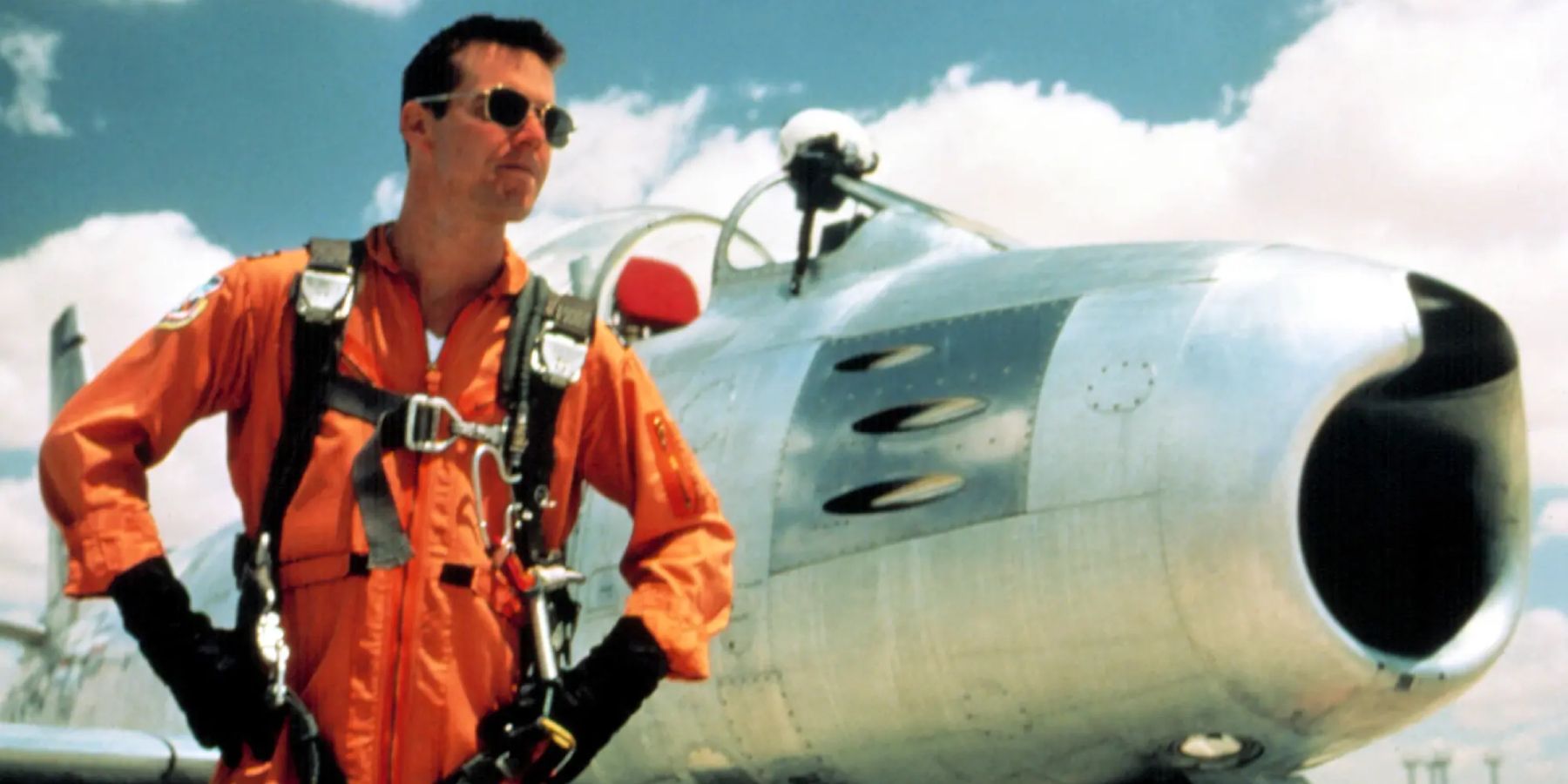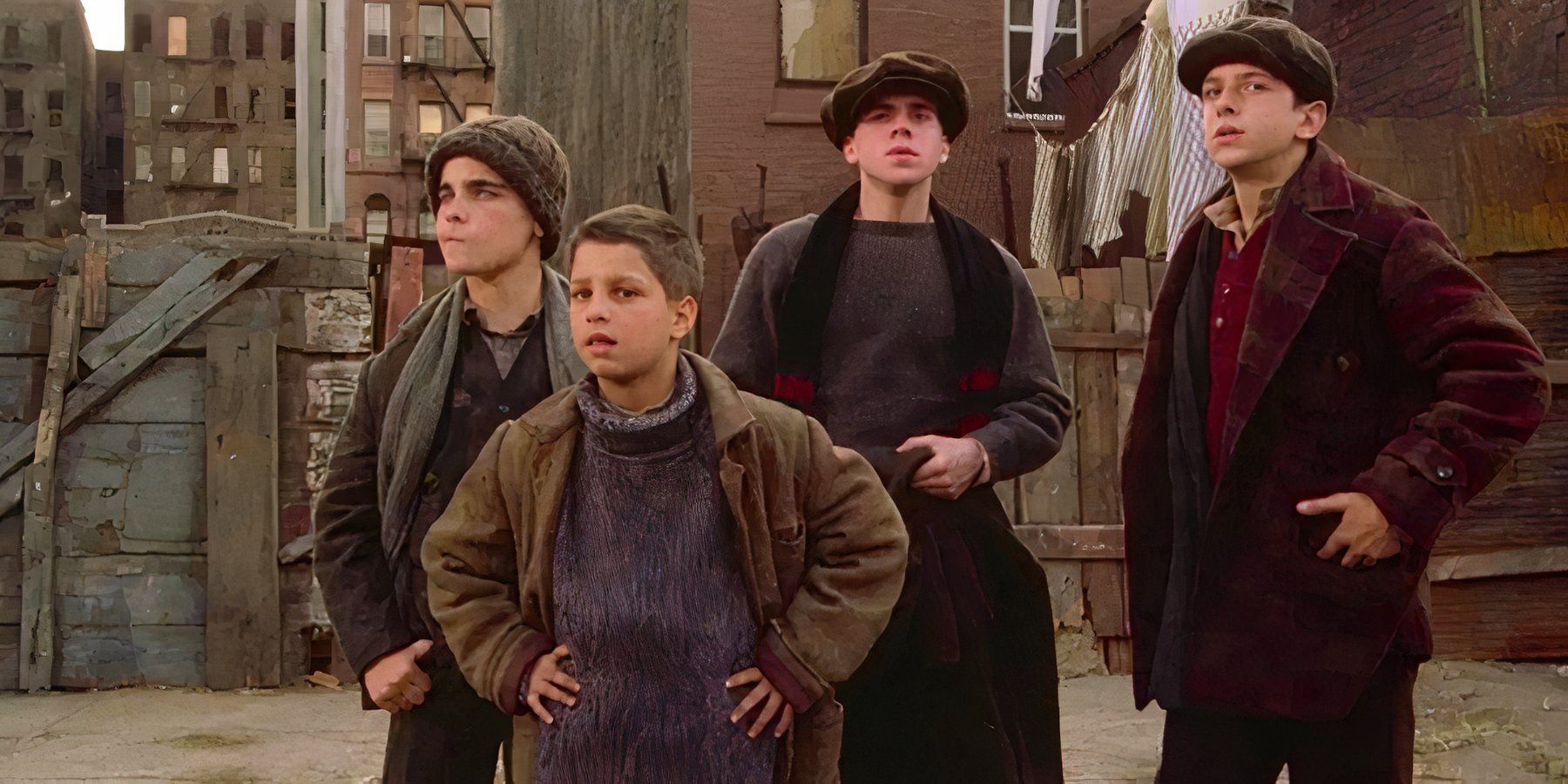It’s no secret that many of the all-time great epic movies are also quite old. You have to go back decades to find the likes of Seven Samurai, Lawrence of Arabia, and The Great Escape, but they’re all worth watching, even if you’re not usually wild about older films. The best of the best classic epics went big for their time, and to the extent that they still feel big – and oftentimes rather spectacular – even all these decades later.
But if you want to see some great epic cinema and don’t want to go back further than, say, 1975, well then, you’re in luck, because what follows is a rundown of the best epic movies made in the last half-century. Some of these are still relatively old (including one title that only just sneaks in being made in the last 50 years, as of 2025), while a few others are newer, showing that there’s still a desire out there for long, carefully-made, and impressively large-scale cinema.
10
‘The Thin Red Line’ (1998)
Directed by Terrence Malick
While Saving Private Ryan was the better-known World War II movie made in 1998, The Thin Red Line probably felt more like an epic, at least in the conventional sense, though it was also – for a war movie – quite unconventional. It boasted an immense cast and unfolded in the way you’d expect a Terrence Malick war movie to, with lots of contrasting between man-made destruction and natural beauty throughout.
The Thin Red Line is powerfully done, too, and manages to be beautiful while also having a harsh amount of realism and brutality when it comes to depicting combat. There’s a lot being balanced here, and it all comes together surprisingly well, making for an easy-to-appreciate film, so long as you’re okay with some slower pacing alongside Malick’s arthouse sensibilities/trademarks being present throughout.
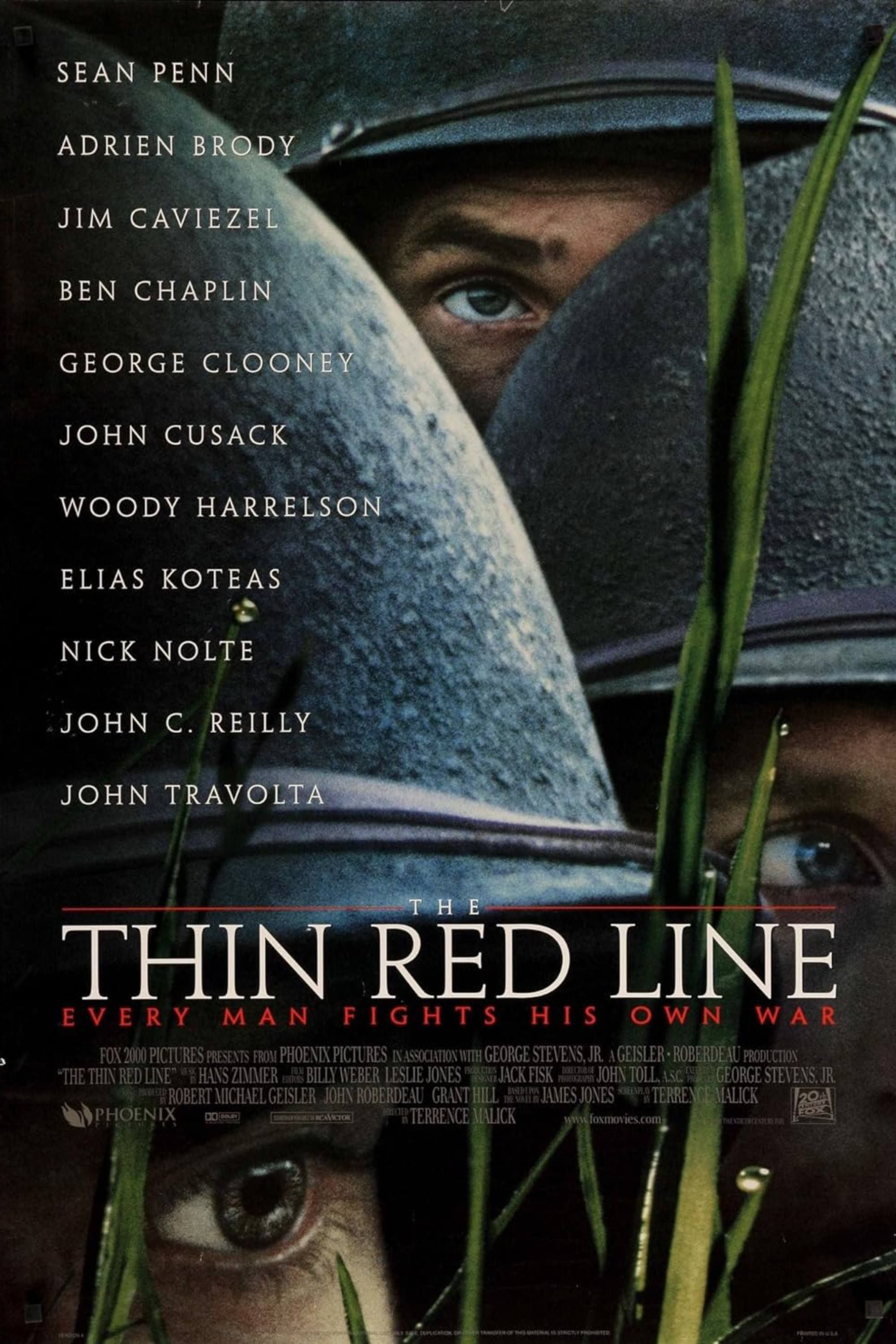
- Release Date
-
December 23, 1998
- Runtime
-
171 Minutes
- Director
-
Terrence Malick
- Writers
-
James Jones, Terrence Malick
9
‘Gladiator’ (2000)
Directed by Ridley Scott
Gladiator is, technically, one of many epic movies Ridley Scott has directed during his long filmmaking career, but it can also claim to be the best of his epics to date. It was a movie that won Best Picture while sort of helping to temporarily revive the historical epic. Well, the “mostly” historical epic, given that Gladiator plays things pretty fast and loose with history.
It gets away with it, because what happened here really did happen so long ago, and also, Gladiator makes it pretty clear it wants to do its own thing narratively and emotionally, including getting rather spiritual at times (in some of the film’s most moving moments, too). And the story here, regardless of accuracy, is just a very compelling one, with a great hero and villain at odds for very in-your-face and emotionally stirring reasons. It all comes together extremely well, and the amount of spectacle is still impressive a quarter of a century later.
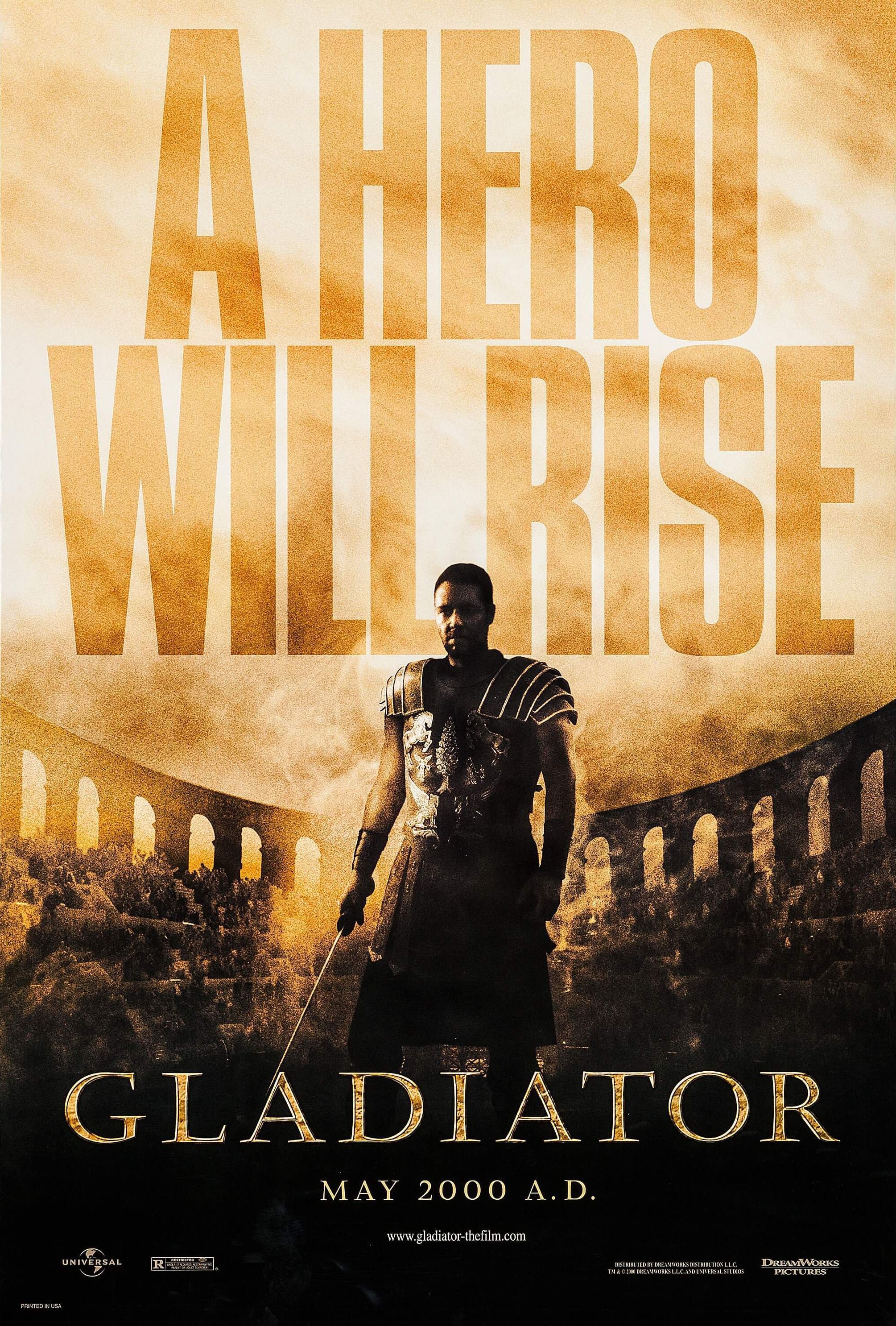
8
‘Barry Lyndon’ (1975)
Directed by Stanley Kubrick
While Stephen King might not agree, generally, if Stanley Kubrick tackled a genre, he did a pretty damn good job at making that genre his own, or even elevating said genre entirely. Between his take on crime/sci-fi (A Clockwork Orange) and horror (The Shining), he also tried his hand at making a grand-scale epic, with Barry Lyndon, and more or less knocked it out of the park.
This is the oldest film included in this ranking, given that, come 2026, it’ll be more than 50 years old, but maybe that’s not too important. What does matter is that Barry Lyndon will likely always look visually staggering, and its story has every indication of staying timeless and interesting. Also, for as long as there’s social inequality, and people stopping at nothing to raise their social standing or push others back down, that core story of Barry Lyndon will keep holding a level of power and relevance.
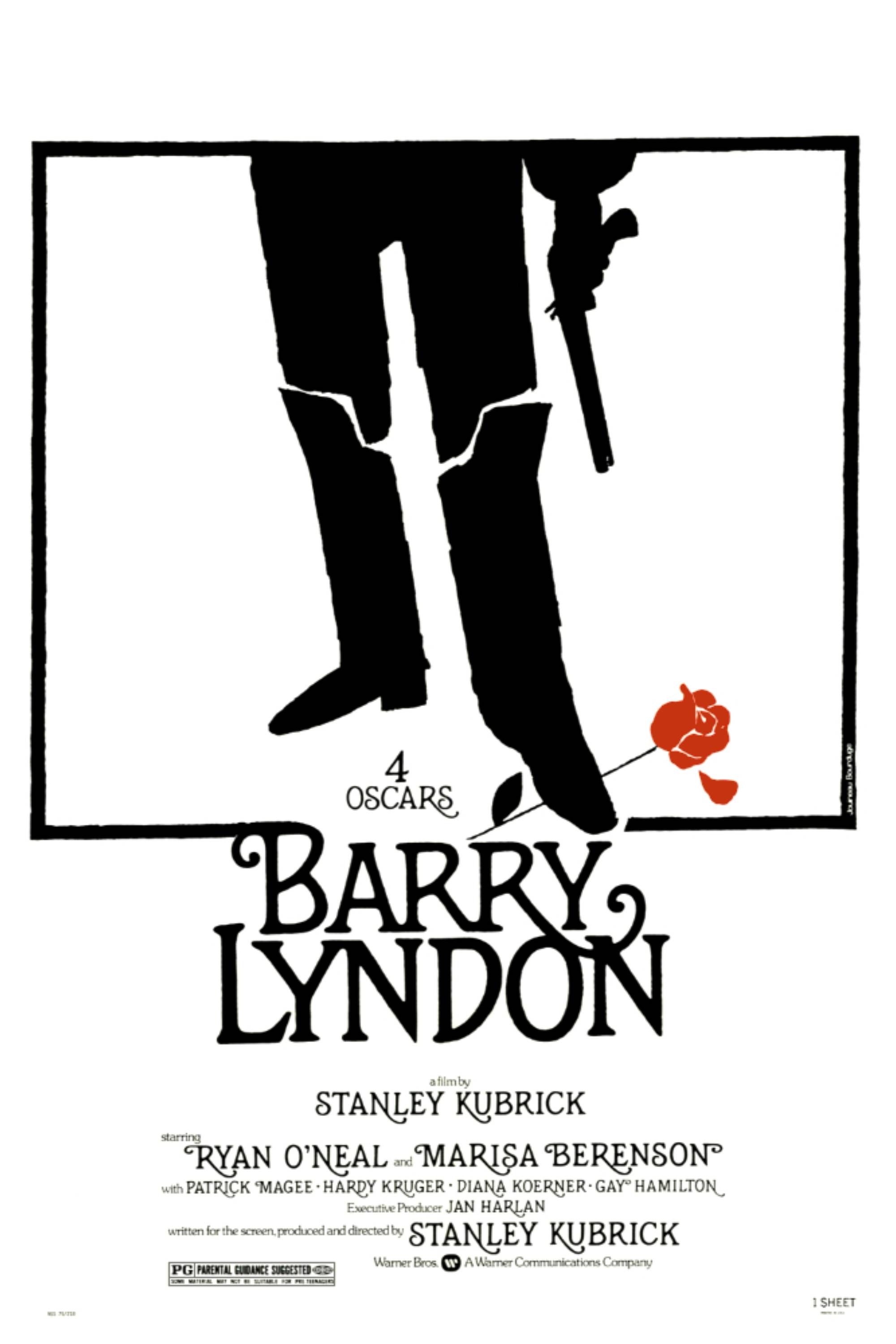
7
‘Titanic’ (1997)
Directed by James Cameron
Perhaps the quintessential disaster movie, Titanic was an unstoppable force at the box office and during awards season. In the years since it came out, it’s also remained a significant part of pop culture, and though some might call parts of it cheesy, a lot of it’s still hard to resist. There are big emotions here, it’s a sweeping romantic film, and the portions focusing on the inevitable disaster still look technically staggering.
It’s also a movie that, more than any other, could well inspire a fear of the water, or, darker still, if you are sensitive to thriller/horror/drama movies that involve large bodies of water and/or drowning, it’s probably one of the best to avoid. For everyone else, though, Titanic is up there as a textbook example of how to make a blockbuster that has a chance to appeal, in one way or another, to almost anyone.
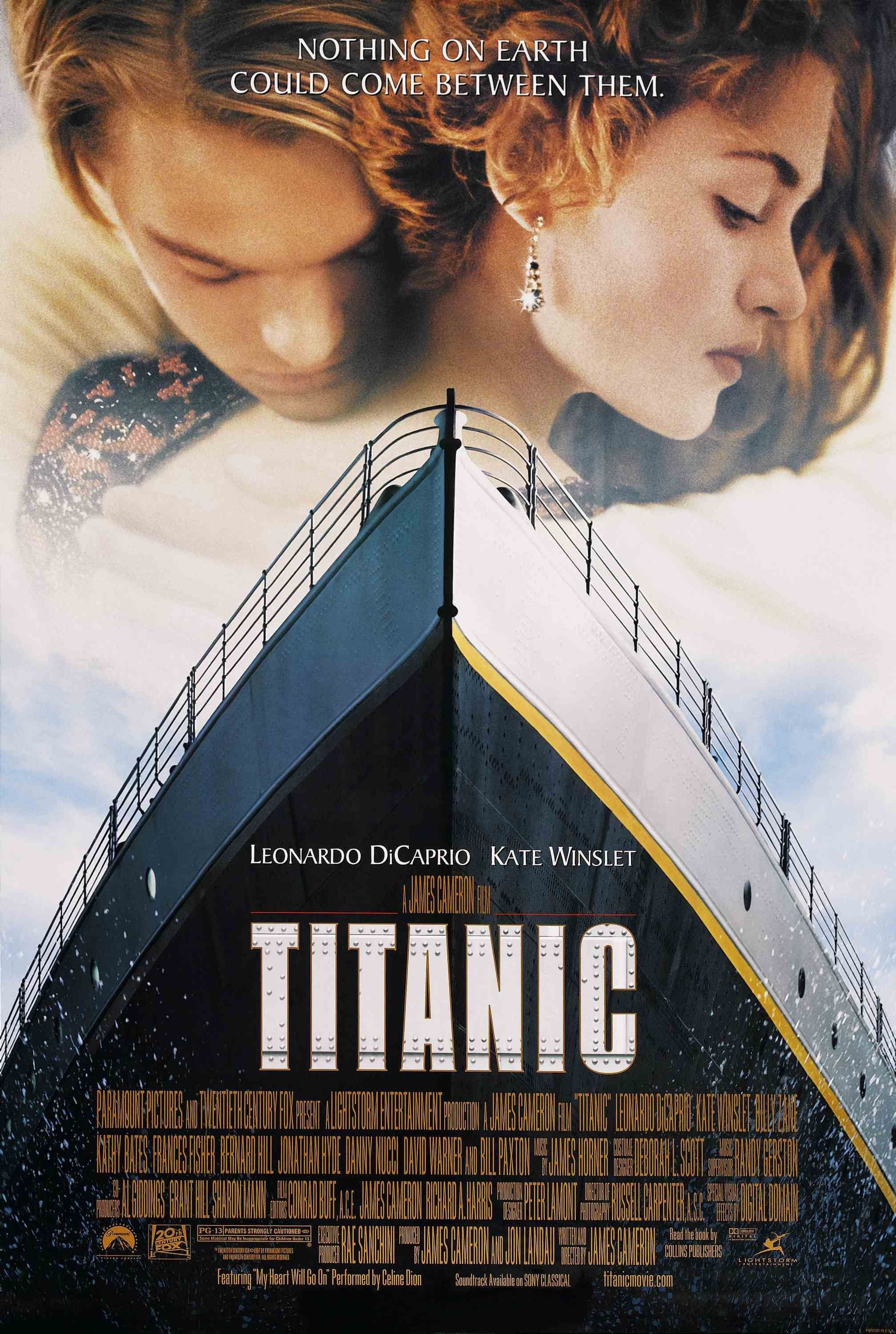
6
‘The Irishman’ (2019)
Directed by Martin Scorsese
A gangster film that’s probably more of a somber look at aging and regret more than anything else, The Irishman is indeed long, but in a way that enhances the story at hand. This is essentially about an old man, who used to kill people for a living, looking back on his life of violence and realizing the weight of his actions, particularly because he’s lost just about everyone close to him.
He brought it all on himself, and that’s what makes The Irishman an effective tragedy, in the traditional sense. But then it’s a Martin Scorsese film, and so other parts are less traditional and more unexpected; see, for example, the film’s surprisingly large amount of humor. The Irishman spans decades, has a bunch of remarkable performances, and unpacks a great deal narratively and thematically across an absorbing 3.5-hour-long runtime.
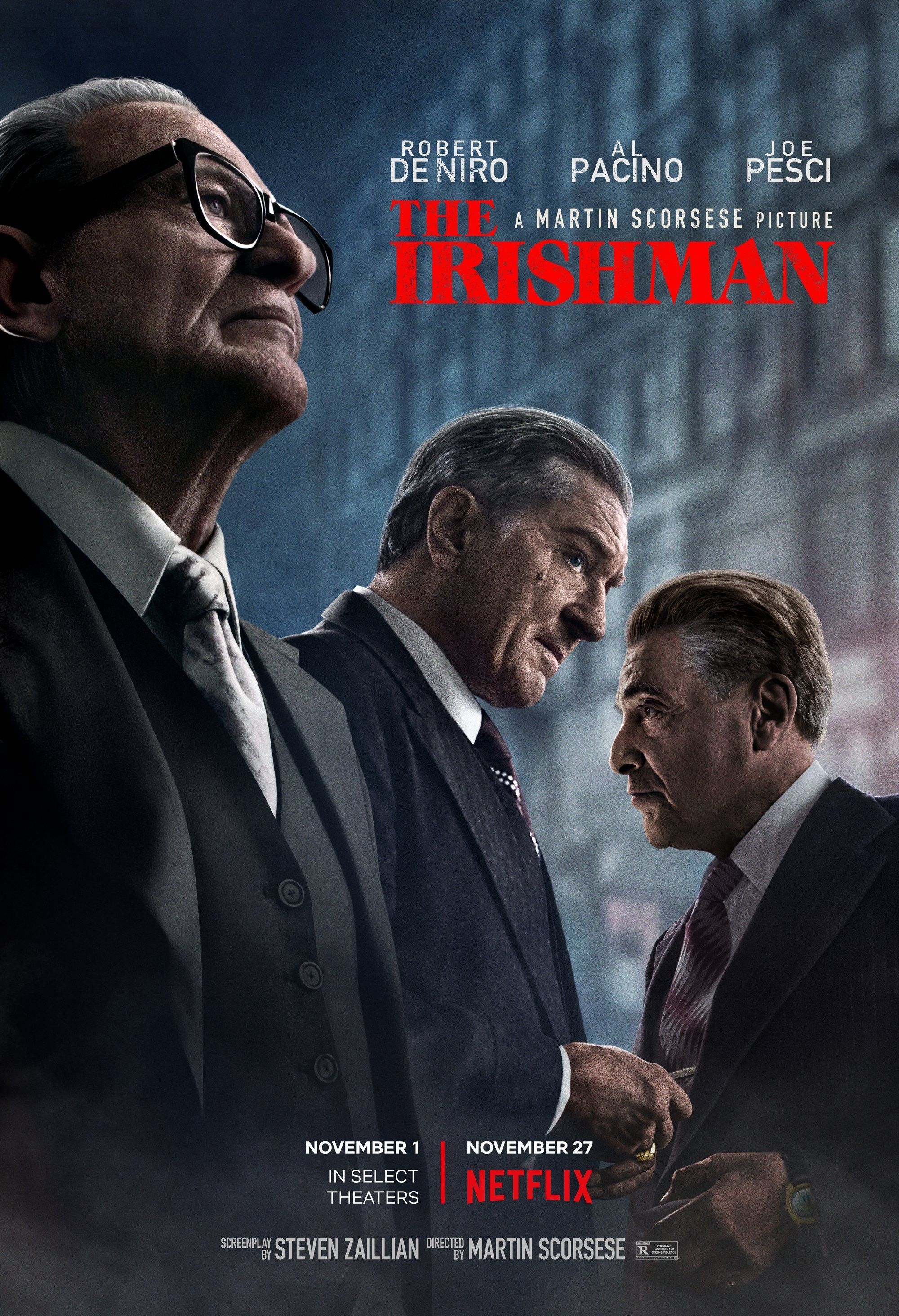
5
‘Lagaan: Once Upon a Time in India’ (2001)
Directed by Ashutosh Gowariker
While a musical that’s largely about cricket might not sound like it’d work, Lagaan: Once Upon a Time in India is that, and it does work. Well, that’s oversimplifying it a bit. It takes place in India at a time when the Crown rule was still in place, and follows a high-stakes wager made between a British commander and the long-suffering people living in a village who’ve grown tired of being taxed so heavily.
If they win a game of cricket, they won’t get taxed, but if they lose, the tax increases. And so that sets in motion a lot of training, some drama, and then an eventual final act that involves a surprisingly emotionally involving game of cricket. Lagaan: Once Upon a Time in India is the sort of film that was big in India, but doesn’t get quite enough love outside the country. Don’t be put off by the premise or the gargantuan runtime. It’s superbly made, and it earns that immense runtime, too.
4
‘The Right Stuff’ (1983)
Directed by Philip Kaufman
Few movies feel as American as The Right Stuff, and it does that without being cheesy or overdoing it. There’s a sense of inspiration here, but it’s paired alongside some more satirical, absurd, and critical moments, too. Balance is the name of the game here, and The Right Stuff uses three and a bit hours to do so much on an emotional front in a single movie.
It also has a fair few characters, and it spans a great deal of time, looking at the early years of the Space Race from the U.S. perspective, with a group of pilots becoming the OG astronauts. The Right Stuff feels exactly like what an epic movie set during the 20th century should look and feel like, but it’s never gotten the popularity it deserves. Lots of people who’ve seen it love it, but not enough people have seen it, and honestly, they’re just missing out.
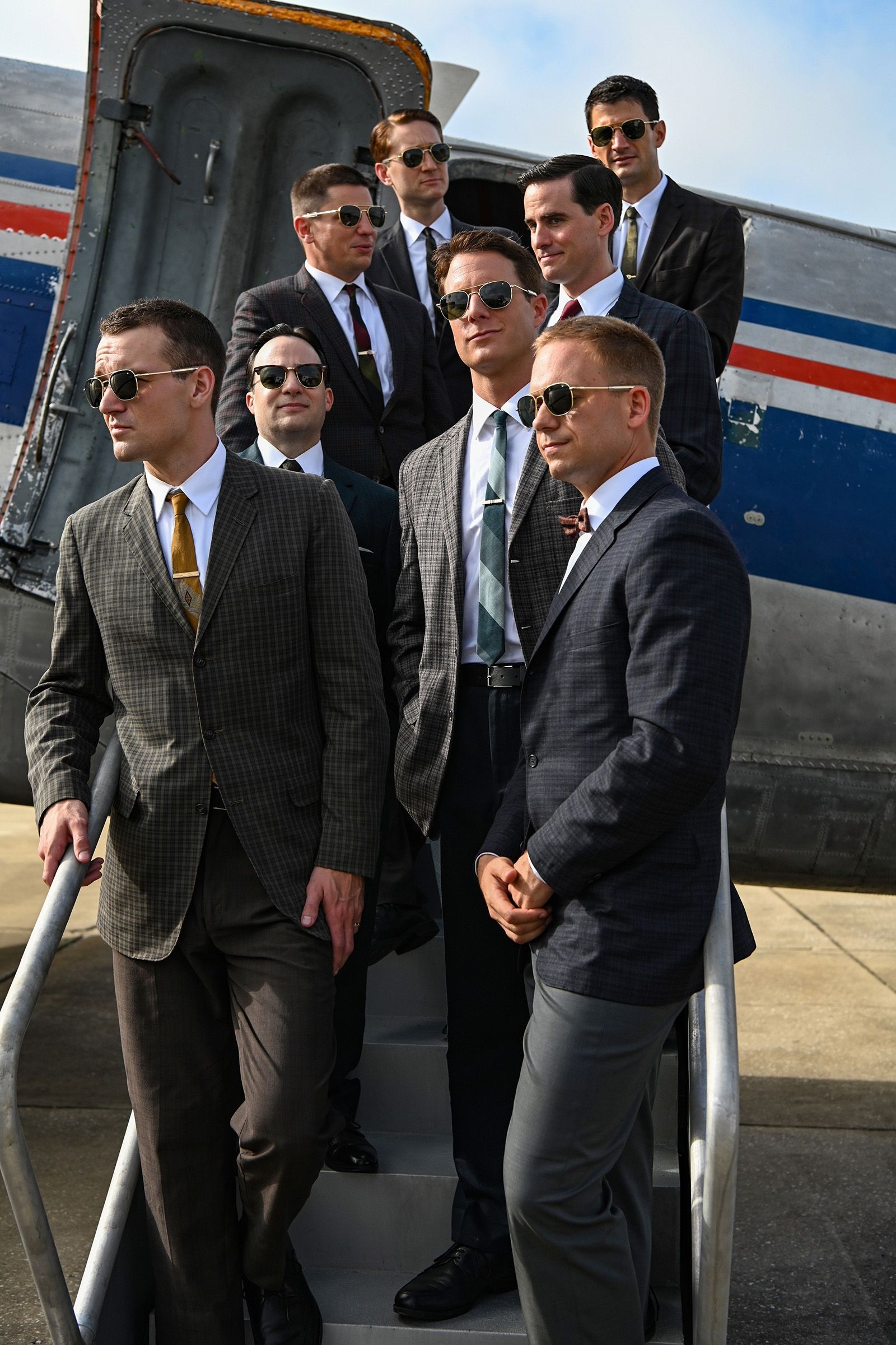
- Release Date
-
October 21, 1983
- Runtime
-
193minutes
- Director
-
Chris Long
- Writers
-
Chris Long
3
‘Once Upon a Time in America’ (1984)
Directed by Sergio Leone
Once Upon a Time in America has the sort of scale and ambition that makes it tower over arguably The Godfather and its sequel. Quality-wise, those movies (both just over 50 years old) might be a little better than Once Upon a Time in America, but it’s Once Upon a Time in America that feels the most like an epic. It starts with the characters as boys, covers the way they ramp up their criminal activities as adults, and then explores the sort of regret at least one of them has as an old man.
All the while, the film boasts one of the greatest scores ever composed, and is frequently stunning to look at, with the vivid images contrasting alarmingly with the ugly subject matter at hand. The characters here are particularly brutal, as far as movie gangsters go, making Once Upon a Time in America something of a deconstruction of gangster movies. Like with many epics, there’s a lot going on here (too much to outline in just a couple of paragraphs), but it’s a rewarding watch, once you find the time to sit down and properly absorb it.
2
‘Ran’ (1985)
Directed by Akira Kurosawa
As mentioned earlier, Seven Samurai is one of the definitive epic movies ever made, but it was far from Akira Kurosawa’s only outing in the arena of epic filmmaking. About three decades on from Seven Samurai, he made another film that was basically just as good: Ran. It was, however, very different from Seven Samurai, getting both heavier and far more vibrant in a way that somehow made sense.
The color used throughout Ran pops, and it’s one of the best-looking color movies in the same way that Seven Samurai is one of the best-looking black-and-white movies. Ran gets intense and supremely tragic, but it does all that while being engrossing and even entertaining, with a bunch of sequences that are hard to forget, once seen, all belonging to what has to be one of the best epics ever made.
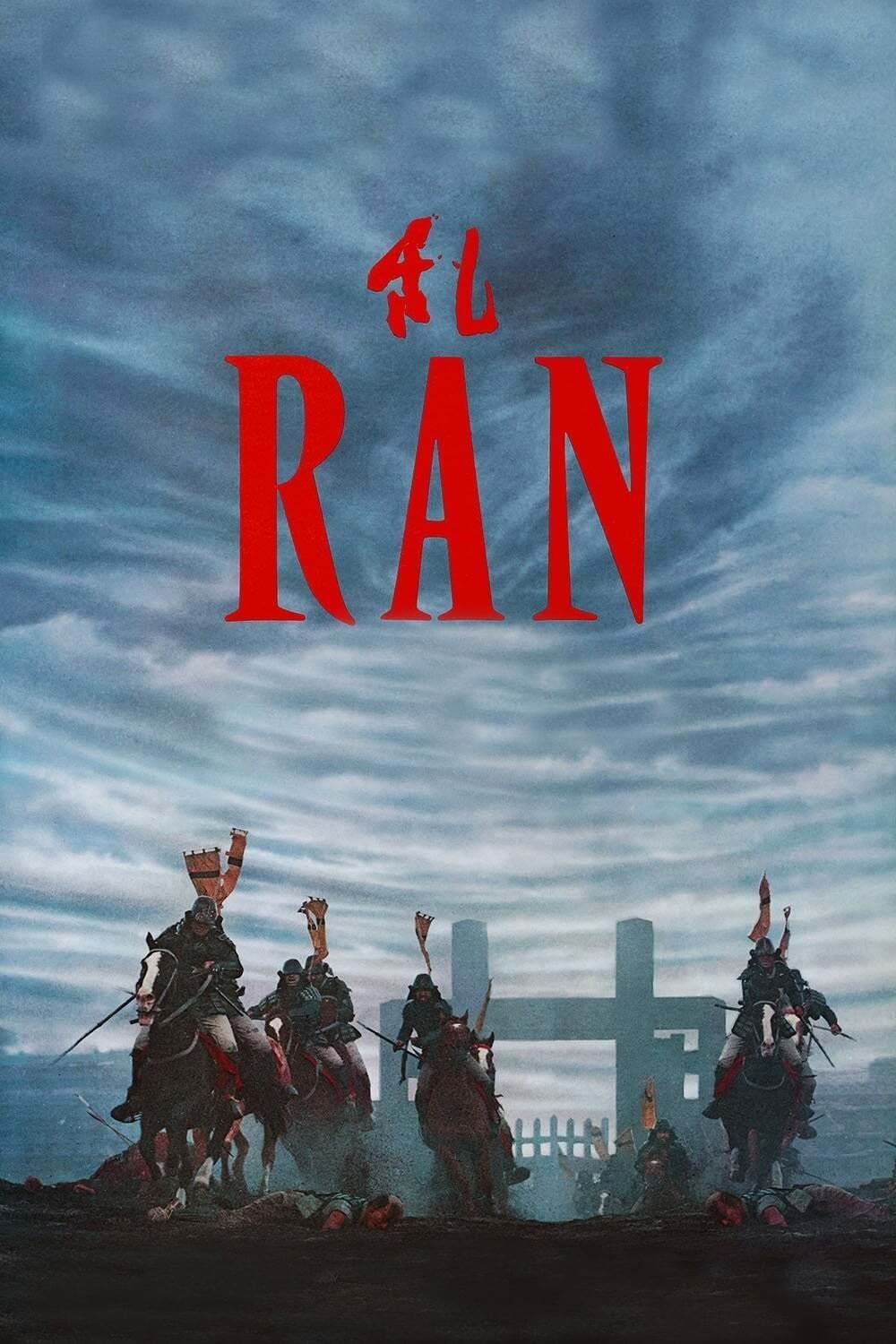
1
‘The Lord of the Rings: The Return of the King’ (2003)
Directed by Peter Jackson
While some might define epic movies as those based on real-life events, or at least taking place at a point in history, that would mean not being able to classify The Lord of the Rings as an epic, and that would be a shame. Released in three installments between 2001 and 2003, the whole trilogy essentially functions as one massive movie, adapting the massive novel by J. R. R. Tolkien in spectacular fashion.
The Return of the King probably feels the most epic, so it’s being included here, but you need to see the other two to fully appreciate how great an ending it is, for hopefully obvious reasons.
Of the three, The Return of the King probably feels the most epic, so it’s being included here, but you need to see the other two to fully appreciate how great an ending it is, for hopefully obvious reasons. So, honorable mention to those, but yeah, The Return of the King is the biggest and, potentially, the best (but this is also like picking a favorite child, so saying one’s better than the others always feels a little guilt-inducing).



